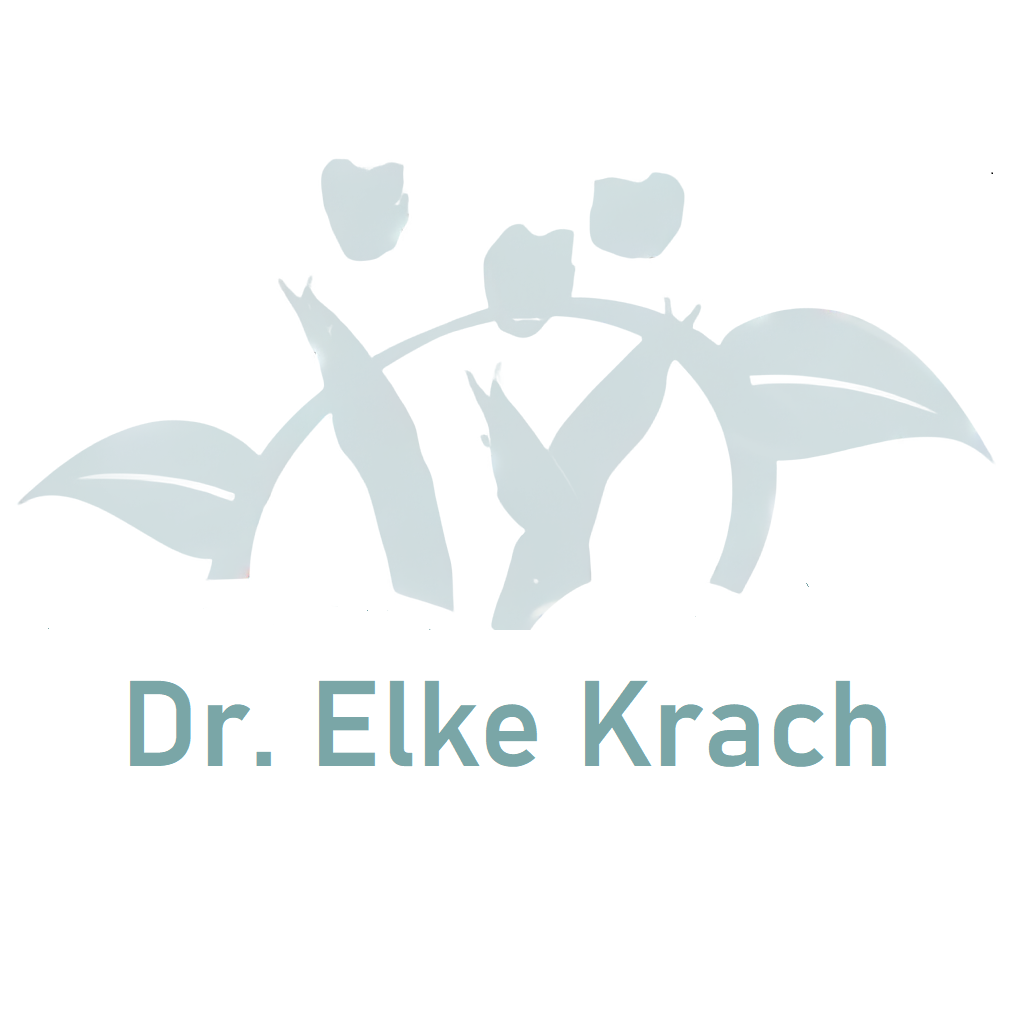Healthier Gums with Plant-Based Diets
Hello, lovely patients!
I’m writing today to talk about gum disease. It’s a common problem that affects 70% of Canadians. It is linked to other diseases like type 2 diabetes and cardiovascular disease. Research has shown that plant-based diets can be beneficial for both gum health and overall well-being. A plant-based diet includes foods like fruits, vegetables, whole grains, and plant-based proteins.
At my home, I eat little meat and try to balance plant based protein into my meals. I usually don’t get home until late so I prepare on Sundays for the coming week. I have never been a big meat eater (and was a vegetarian for many years), so it was not hard to do. I also pay attention to how my body reacts to different foods and what is generally good for me personally. It is always a balancing act, as certain foods that I don’t do well with still sneak into my diet occasionally because they are items I grew up with and hard to say no to.
I’ve been following the research which indicates that the components of a plant-based diet can contribute to better gum health and overall health. Right now Netflix has a great series called Live to 100: Secrets of the Blue Zones which showcases where and how people live the healthiest and longest.
According to Oral Health magazine, studies have found that people who follow plant-based diets tend to experience fewer problems like deep gum pockets, bleeding gums, and inflammation.
There are lots of components in the following foods that your gums will thank you for: polyunsaturated fatty acids (found in flaxseed, chia seeds, plant-based oils, brussel sprouts), polyphenols (found in tea, spices, berries), vitamin C (found in grapefruit, broccoli, kale, strawberries, sweet potatoes), fiber (found in whole grain cereals, dried beans, lentils, chickpeas, nuts and seeds), and proteins (found in tofu, soy beverages, quinoa).
To incorporate more plant-based foods into your diet, here are three easy tips:
Try simple food swaps. For example, you can replace animal proteins with plant-based proteins, switch from coffee to herbal tea, choose whole grains instead of refined carbohydrates, or opt for a side salad instead of french fries.
Half of every plate should consist of fruits and vegetables, following Canada’s Eat Well Plate guidelines.
Good oral hygiene practices like daily brushing and flossing are also crucial for gum health. (Naturally!)
This year I discovered a new favourite breakfast: papaya with toasted nuts.
Although more research is needed to determine the specific amounts of foods and nutrients that benefit gum health, simply adding more plant-based foods into your diet can contribute to your overall better health. Try some new foods and let us know how it’s going at your next visit.
Keep smiling brightly,
Dr. Krach & Associates


